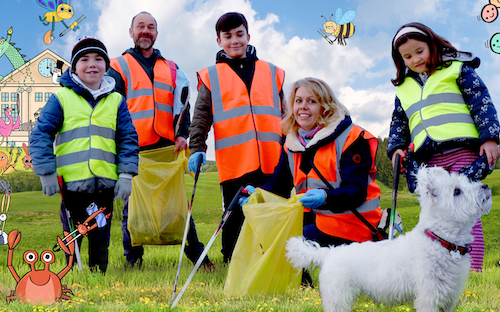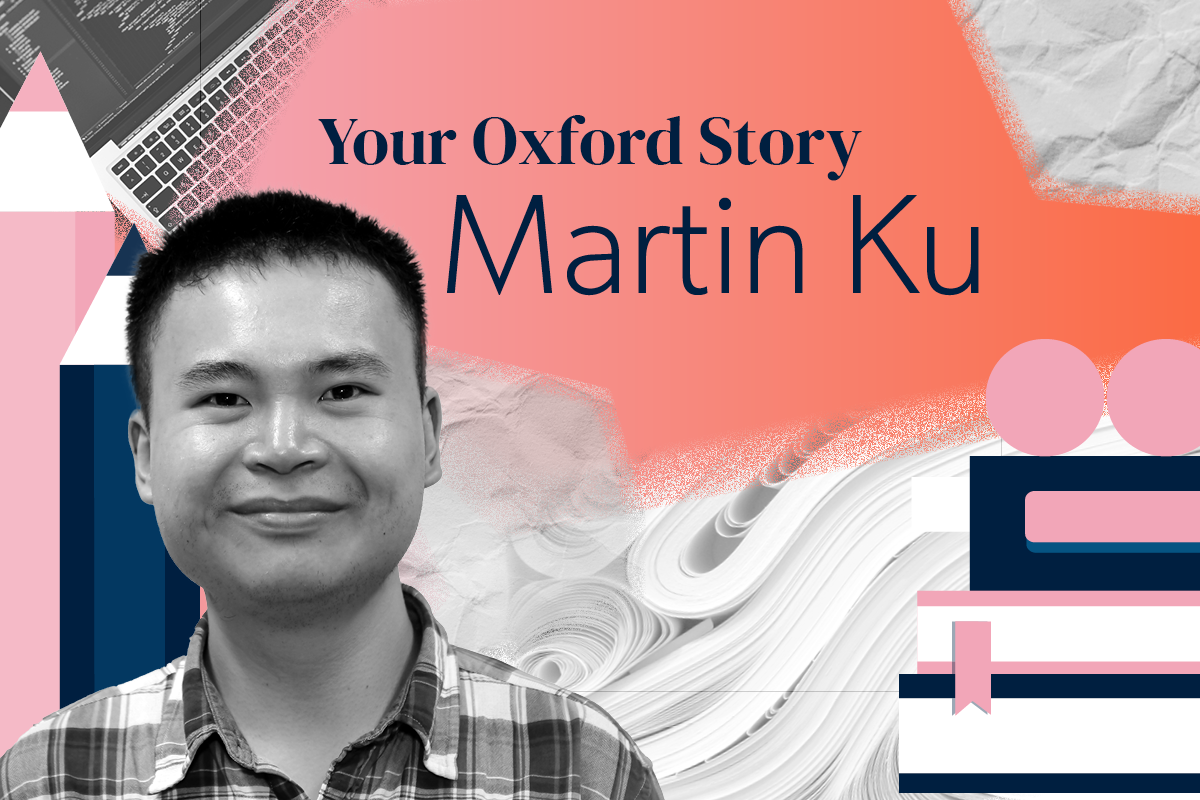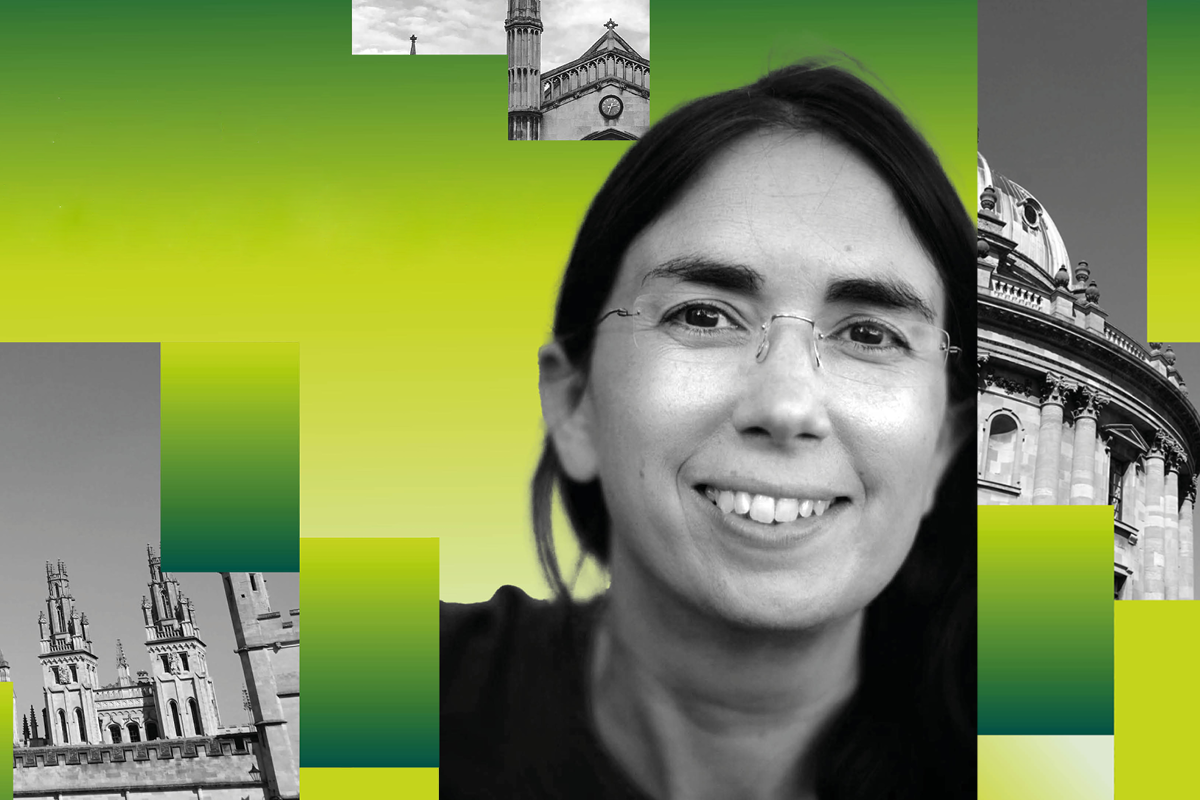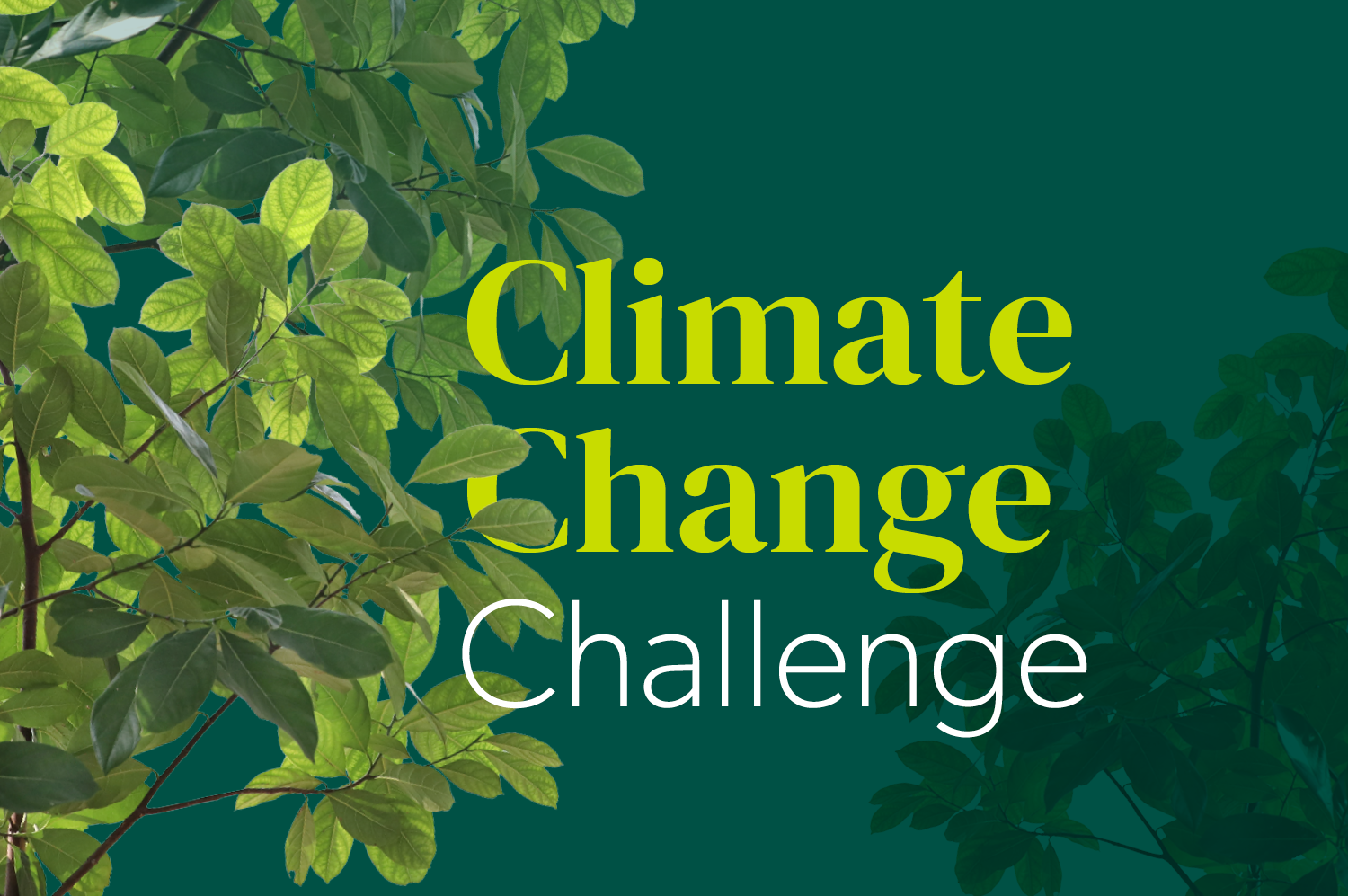Your Oxford Story: Patrick Jackson
Patrick Jackson
“To have the resources in terms of editorial, design, marketing, and the whole Oxford team behind your ideas, is really a dream come true for somebody who likes making books”
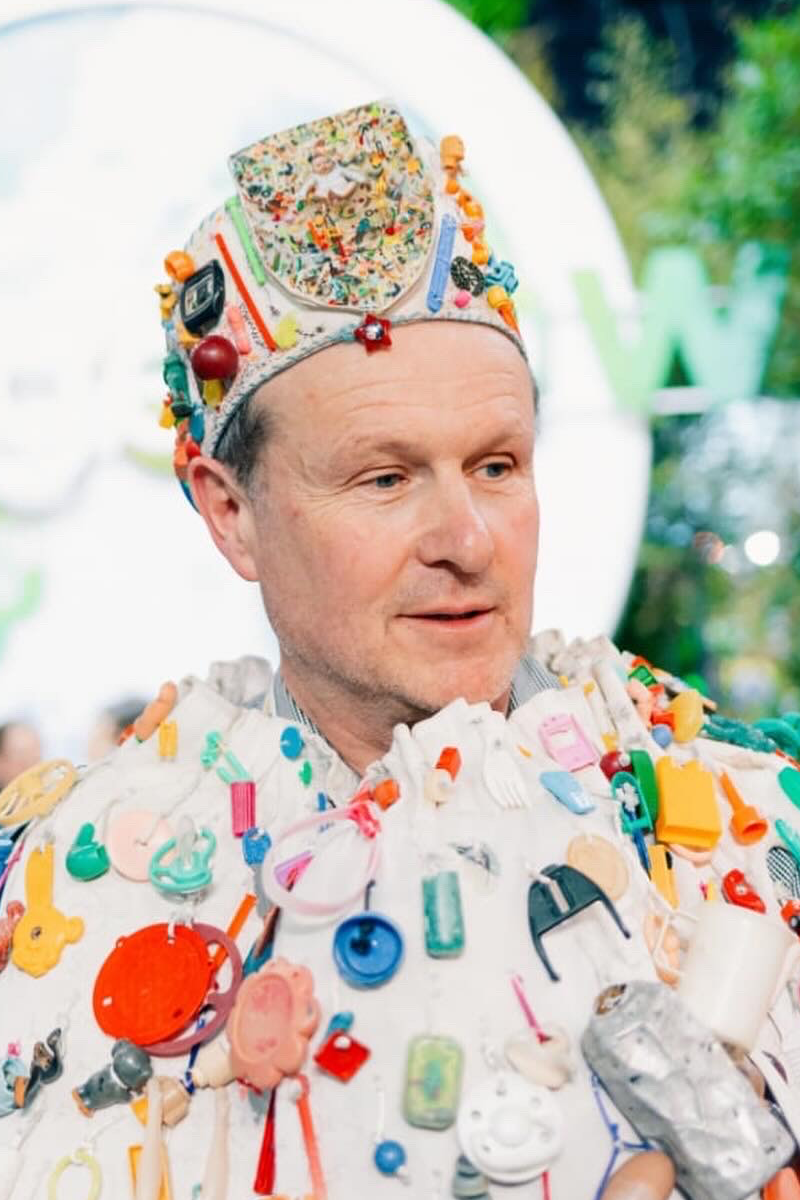
I started teaching when I went to Japan in the 1990s. I was teaching in a private English language school called the Potato Club, and there I taught kids from the age of two to about 10 or 12. During that time, I started creating materials for my students based on a fun series of potato characters, and we made little books. One day, my sister said, “you should send these to a publisher”. And so, I thought, “Oh publisher, hmm publisher… Oxford University Press!”
I put the books in an envelope, and I sent them off to Oxford University Press in New York. Miraculously, they landed on somebody’s desk, who said, “we love these potatoes!” and I got an email back straight away which said, “we would like to publish your potato books.” I’ve since learned that was quite a lucky thing to happen.
Following that, the Potato Pals series was published, and it was lovely to see my books come back with the Oxford treatment in full glorious technicolour. My role as author was to wear a potato suit and to travel around Japan talking to teachers about how to use these books. I would be the only Oxford author to have travelled on a bullet train in a potato suit!
This led on to being asked to get involved in a pretty major course book series, which is called Everybody Up. That gave me something a creative avenue for my ideas and a shared project. My coauthors on that project are great friends to this day and we made great friends with the editors too. We keep in constant touch—only last week one of the editors from that series came to Ireland on holiday and gave me a shout, so we met for coffee. It’s the friendships that have come out of all these creative teamwork projects that really, I think, are one of the most valuable things.
The relationship between a publisher and an author can be very, very special. Certainly, for me, that’s been a really great experience, having that relationship for over 20 years now. Oxford University Press has opened an amazing number of doors for me creatively. To have the resources in terms of editorial, design, marketing, and the whole Oxford team behind your ideas, is really a dream come true for somebody who likes making books, making things happen and appear on the page, and to have these brought to teachers, classrooms, and kids all over the world. It gives you a wonderful power to spread your ideas, and that, I suppose, is what publishing is really about.
I am also the founder of an environmental programme for primary school children called Picker Pals, and this programme motivates and equips them to go out into their local environment to make a positive change—by litter picking, through storytelling, and becoming immersed in the “song and story” world of the Picker Pals characters.
It’s no coincidence that my first books were called Potato Pals, and now I’m doing Picker Pals (the name must have come to me mysteriously!). For that age group, it has to be colourful, fun, engaging, and be based around real actions—’sit and listen’ learning is fine, but not really ideal for this subject.
The first thing I did when I had this idea, was to ask Oxford, “would you be able to help in any way?”. Oxford were terrifically helpful, both by making a financial donation to get the programme into 10 schools in my immediate neighbourhood, and also by hosting a number of workshops where Oxford staff got together and brainstormed ideas, helped me with social media, strategy, and the content. So, the relationship between Picker Pals and Oxford University Press is strong.
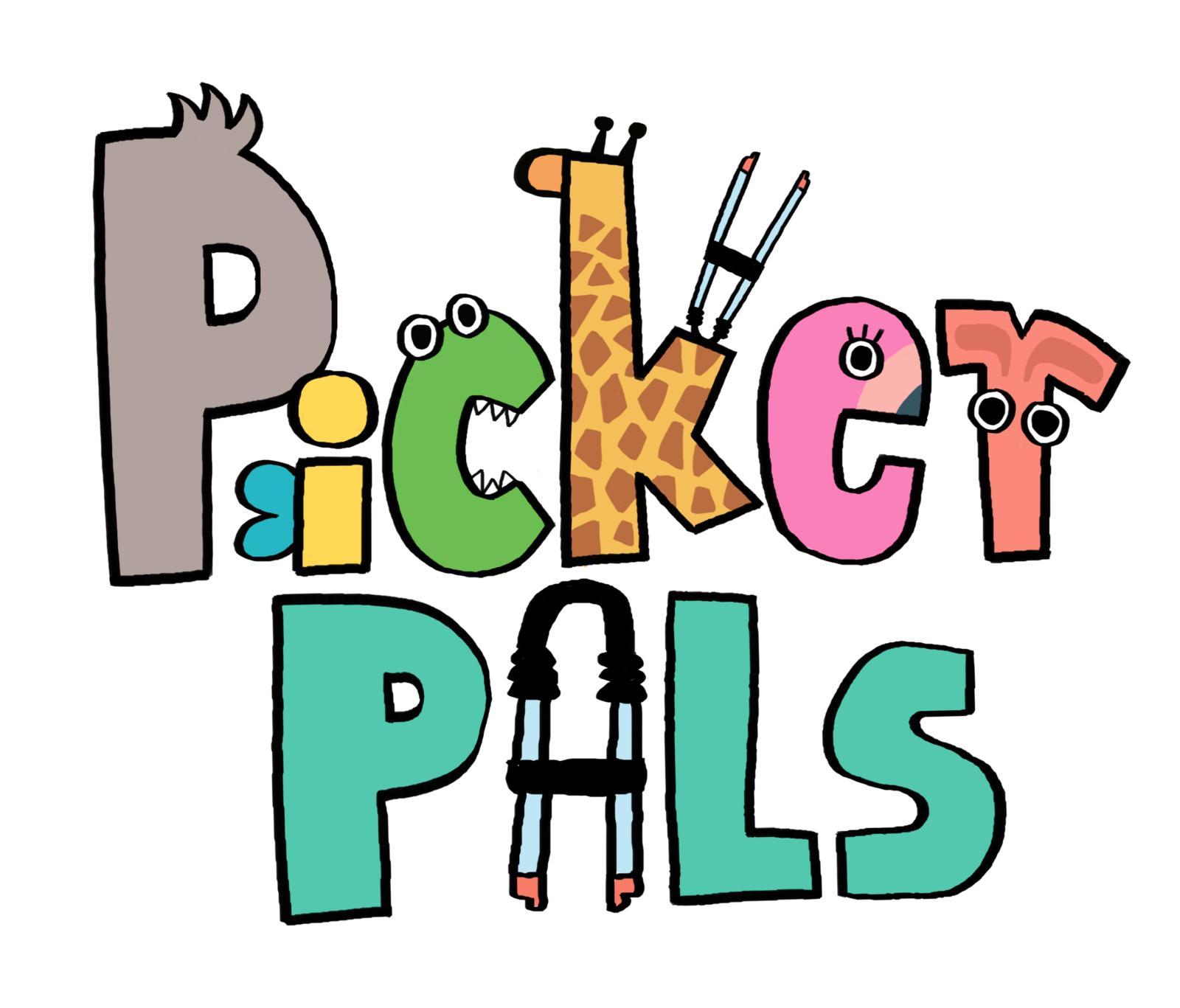
The dream for Picker Pals is that it will be a worldwide experience for people, available to children all over the place. In Ireland, Picker Pals is now in roughly 2,200 primary schools and 4,000 classrooms. Just this year we are starting Picker Pals in London, and we have schools in Portugal.
Programmes like Picker Pals are part of a wider sustainability understanding that, as educators, we are in the best position to make a positive environmental impact on the upcoming generation. Of course, it’s based on local action, but it’s about being a part of a global community.
